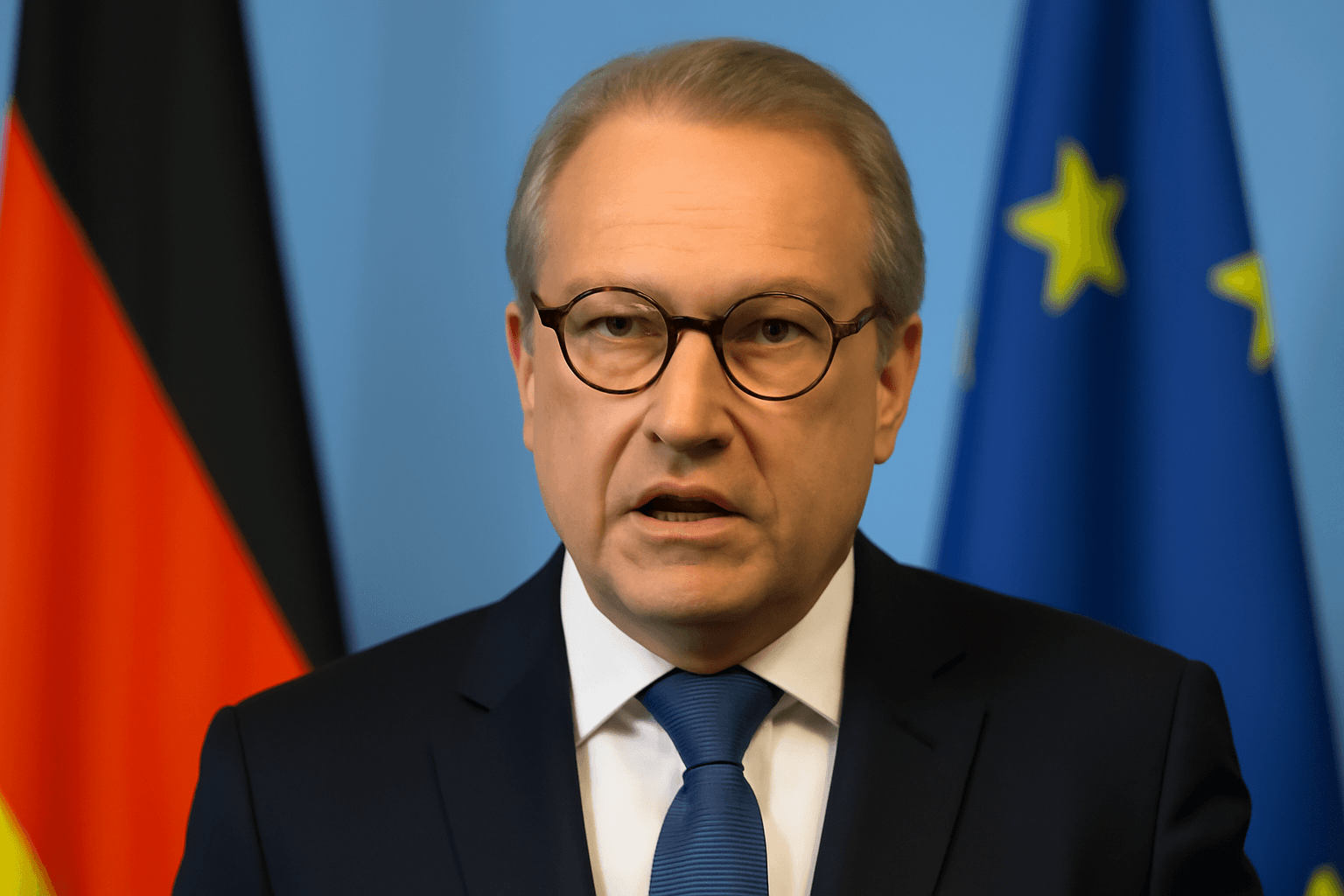Germany is actively pursuing a European Union-wide agreement to relocate asylum seekers who are denied refugee status to third countries considered safe and geographically close to their countries of origin.
Following the national election victory of Chancellor Friedrich Merz's conservative party in February, there is an increased emphasis on curbing immigration levels, despite a recorded decline in migrant arrivals over the previous year. Interior Minister Alexander Dobrindt highlighted the necessity of a collective EU approach in implementing this strategy.
"Effective utilization of third countries for relocation can only be realized through consensus at the European level," Dobrindt stated in an interview. "We are working on establishing the necessary framework to ensure that migrants who cannot return to their home countries can be accommodated by willing third nations."
Earlier this month, the European Commission proposed enabling member states to reject asylum claims from individuals who have passed through a safe third country en route to the EU. Although this initiative has faced opposition from human rights groups and awaits approval by national governments and the European Parliament, Germany remains committed to advancing the proposal.
The proposal aims to manage migration flows more effectively by reducing the number of failed asylum applicants remaining within the EU. However, implementation hinges on securing agreements with third countries prepared to accept relocated migrants.
The prospects of unilateral national action are limited, emphasizing the importance of coordinated EU policy. Previous attempts at similar arrangements in various countries have encountered legal and political challenges. For example, Italy's initiative to process asylum seekers in Albania has been stalled due to court rulings, and the United Kingdom's plan to relocate asylum seekers to Rwanda was discontinued by the current government.
Germany’s approach underscores a broader EU effort to reform asylum procedures and migration management, balancing humanitarian responsibilities with border security and migration control.













